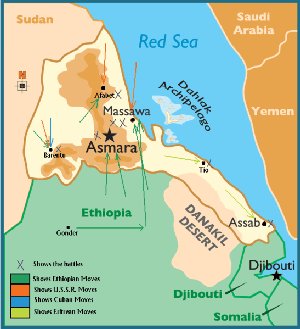 Salassie's overthrow in 1974 did nothing to help the situation but by 1977 the
Eritrean People's Liberation Front were on the verge of driving Ethiopian forces
out of Eritrea having seen Ethiopian forces largely confined to urban areas.
However that year the Soviet Union began to back Ethiopia and provided them with
military aid. Then, despite some initial successes, the war between Ethiopia and
Eritrea became one of attrition with gains and losses being made by both side
over the next few years.
Matters took an unexpected turn at the end of the 1980s when the Soviets, under
Mikhail Gorbachev, informed Ethiopia that it was withdrawing its support not
least because its own economy was in a nose dive and the Soviet Union itself was
falling apart. By 1990 the EPLF was in the ascendancy having captured the port
of Massawa and the following year Asmara itself setting up a provisional
government there. Salassie's overthrow in 1974 did nothing to help the situation but by 1977 the
Eritrean People's Liberation Front were on the verge of driving Ethiopian forces
out of Eritrea having seen Ethiopian forces largely confined to urban areas.
However that year the Soviet Union began to back Ethiopia and provided them with
military aid. Then, despite some initial successes, the war between Ethiopia and
Eritrea became one of attrition with gains and losses being made by both side
over the next few years.
Matters took an unexpected turn at the end of the 1980s when the Soviets, under
Mikhail Gorbachev, informed Ethiopia that it was withdrawing its support not
least because its own economy was in a nose dive and the Soviet Union itself was
falling apart. By 1990 the EPLF was in the ascendancy having captured the port
of Massawa and the following year Asmara itself setting up a provisional
government there.
Matters came to a head in 1991 when Ethiopian troops faced
heavy losses by Eritrea rebels and its own government fell. The United Nations
stepped it and, with the backing of the new Ethiopian government, called for an
independence referendum in Eritrea which was held in 1993 resulting in an overwhelming voted in favour. Eritrea Independence was secured on 27th April 1993 with the EPLF remodelling
itself as a political party the People's Front for Democracy and Justice (PFDJ).
During the war Eritrea lost 50,000 men, women and children whilst Ethiopia lost
75,000 lives. This video documentary explores Eritrea's fight for independence.
|

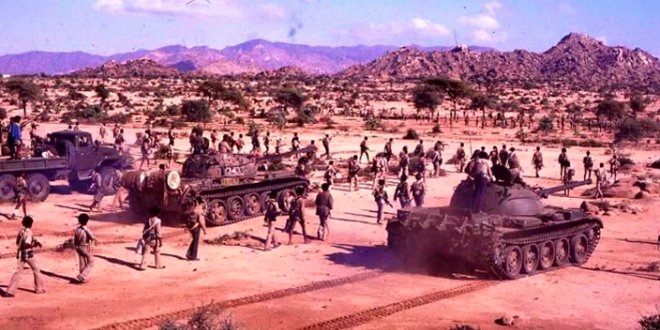
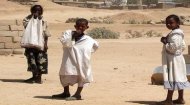
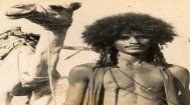

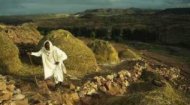
 Salassie's overthrow in 1974 did nothing to help the situation but by 1977 the
Eritrean People's Liberation Front were on the verge of driving Ethiopian forces
out of Eritrea having seen Ethiopian forces largely confined to urban areas.
However that year the Soviet Union began to back Ethiopia and provided them with
military aid. Then, despite some initial successes, the war between Ethiopia and
Eritrea became one of attrition with gains and losses being made by both side
over the next few years.
Matters took an unexpected turn at the end of the 1980s when the Soviets, under
Mikhail Gorbachev, informed Ethiopia that it was withdrawing its support not
least because its own economy was in a nose dive and the Soviet Union itself was
falling apart. By 1990 the EPLF was in the ascendancy having captured the port
of Massawa and the following year Asmara itself setting up a provisional
government there.
Salassie's overthrow in 1974 did nothing to help the situation but by 1977 the
Eritrean People's Liberation Front were on the verge of driving Ethiopian forces
out of Eritrea having seen Ethiopian forces largely confined to urban areas.
However that year the Soviet Union began to back Ethiopia and provided them with
military aid. Then, despite some initial successes, the war between Ethiopia and
Eritrea became one of attrition with gains and losses being made by both side
over the next few years.
Matters took an unexpected turn at the end of the 1980s when the Soviets, under
Mikhail Gorbachev, informed Ethiopia that it was withdrawing its support not
least because its own economy was in a nose dive and the Soviet Union itself was
falling apart. By 1990 the EPLF was in the ascendancy having captured the port
of Massawa and the following year Asmara itself setting up a provisional
government there.


